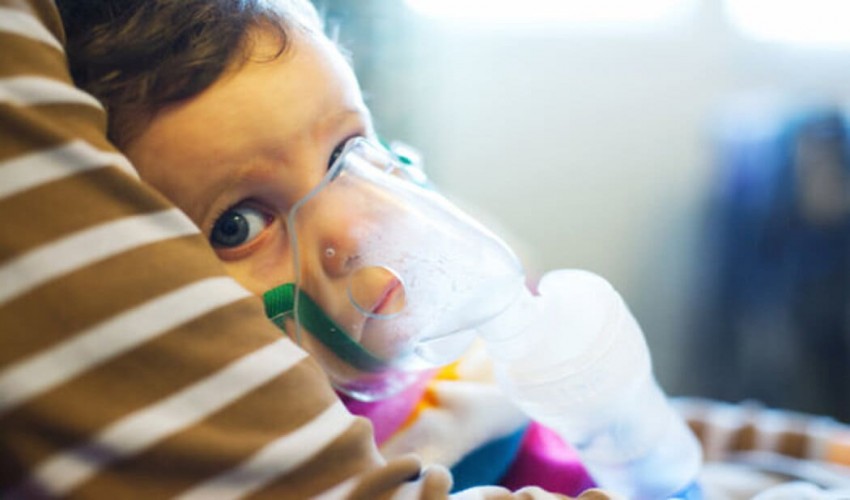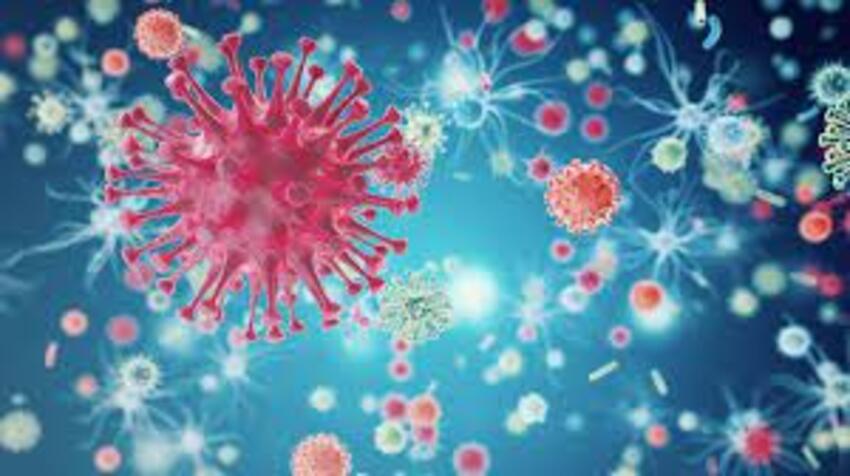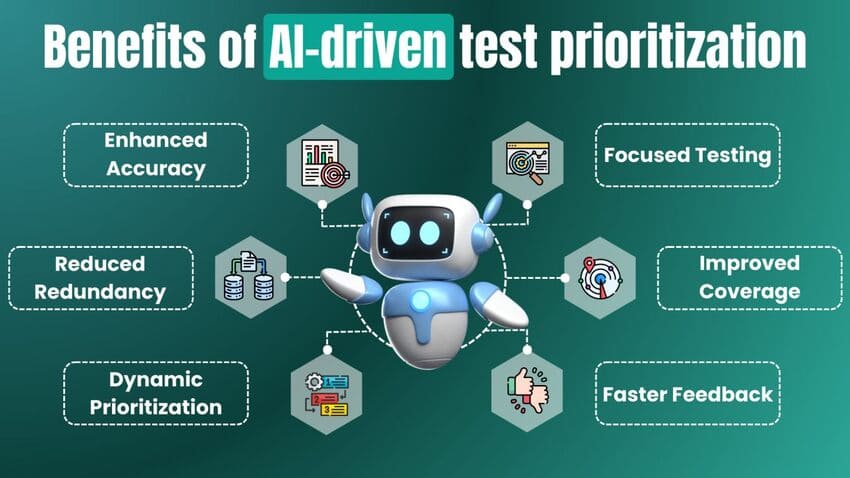
Our current understanding of RSV vaccinations and antibodies is as follows:
- Rating
- antiviral
- immunisation
- rsv
- antibody
- antibodies
- immunologist
- therapies
Scientists may have discovered a solution to treat a potentially fatal respiratory infection.
Respiratory syncytial virus (RSV) is responsible for the illness, not the flu or COVID-19.
According to Jim Boonyaratanakornkit, a virologist and transplant immunologist at Seattle's Fred Hutchinson Cancer Centre, the virus was discovered in 1957 in Baltimore but has likely been present for millennia. He explains that the elderly and infants have historically been the most vulnerable to the disease.
People over the age of 60 in Europe may soon get access to anti-virus vaccines. The RSV vaccine developed by pharmaceutical giant GSK was recommended for approval on April 26 by an advisory group. The European Commission will be consulted for ultimate approval of that decision.
The United States has not approved a vaccination against RSV. Additionally, there are no antiviral drugs designed specifically to battle RSV, and the only preventative therapy available, a monoclonal antibody, is only given to a select group of infants who are at very high risk for severe illness. However, that may soon change. Data from clinical trials have shown that many different vaccine candidates and laboratory-made monoclonal antibodies may protect against the severe effects of RSV.
Those therapies are, in part, designed with infants and toddlers in mind. The virus is contagious to people of all ages, although it disproportionately affects children. An estimated 33 million children less than 5 were infected with RSV this year. Researchers stated last year in the Lancet that 3.6 million youngsters required hospitalisation and over 100,000 died. According to their findings, RSV is responsible for one fatality in every 28 infants between the ages of 28 and 6 months.
"This is why we should care," Penny Heaton of Johnson & Johnson subsidiary Janssen Pharmaceuticals stated on April 4 at the World Vaccine Congress in Washington, D.C. Some of such fatalities might be avoided with the use of vaccines and antibodies. The positive effect of RSV vaccinations and monoclonal antibodies on children's health throughout the world is seen below.
However, it's not only the under-5 set that stands to gain. Soon, vaccinations against respiratory syncytial virus (RSV) will be available for their ageing relatives. This may result in less severe RSV infection rates among the two most vulnerable populations.
The RSV vaccines developed by GSK (previously GlaxoSmithKline) and Pfizer are very close to receiving FDA clearance in the United States. An RSV vaccine based on messenger RNA (mRNA) is in the works at Moderna. Several other businesses are also working on RSV vaccinations, while the Danish company Bavarian Nordic is awaiting findings from a clinical study.
Monoclonal antibodies are being developed by several businesses as a preventative measure against RSV in newborns and babies. These laboratory-produced antibodies are not vaccinations, but they may provide temporary protection against severe illness in infants who are otherwise susceptible to respiratory syncytial virus (RSV) infection if administered before the start of the season.
Janssen has withdrawn because he sees so many opportunities ahead. Heaton said that after "considering the full scope of our portfolio and the current state of the RSV landscape," the company has decided to end its RSV programme and suspend a late-stage clinical study. The corporation made the announcement in March, citing a desire to address unmet medical needs as the impetus for the shift in strategy. It seems that RSV may soon no longer meet that criterion.
The virus remains a major concern for the time being. In the United States, the height of RSV season is often in the winter months of December and January, beginning around October. In most years, it wraps up in April.
In the 2020-21 winter, the virus was almost eradicated. The proportion of RSV-positive PCR tests conducted during the first year of the COVID-19 pandemic never exceeded 3%, the threshold set by the Centres for Disease Control and Prevention (CDC) for declaring an epidemic. Prior to the COVID-19 pandemic, seasonal peaks in RSV positive rates averaged about 15%. Precautions, such as social isolation and mask use, taken against COVID-19 are largely responsible for the eradication of RSV.
Researchers describe the reemergence of the virus in the summer of 2021 in the April 7 issue of Morbidity and Mortality Weekly describe. when was the year when the RSV season suddenly began in May. The peak occurred in July, and it lasted until January of 2022.
As 2022-23 RSV season progressed, it began to more closely resemble the prepandemic pattern. The 2022 season began out in June and reached its zenith in November, with an overall positivity of 19%. The season concluded in December or February, depending on your location in the United States. Children were particularly heavily struck by the recent RSV season, which led to overcrowding in several children's hospitals.
The start of the next RSV season is unknown. The number of cases, hospitalisations, and fatalities caused by these illnesses may be reduced, however, if vaccinations and therapies now under development are made available this autumn.
How effective are RSV immunisations for infants?
Protective vaccines for infants are only under testing by Pfizer. Furthermore, it does not vaccinate infants. More than 7,300 healthy pregnant women, all younger than 49, were instead given the company's vaccine candidate. The theory is that the mother's antibodies will protect the infant from RSV through placental transfer. Those antibodies would provide infants with short-term protection against the virus throughout the critical first six months of life.
By the time they're two years old, the vast majority of youngsters have contracted RSV. For many children, the condition may present similarly to the common cold, with symptoms including a cough, a runny nose, and a loss of appetite. Very young newborns may stop breathing for more than 10 seconds, and wheezing or other breathing difficulties are also possible. More serious complications from RSV include bronchitis and pneumonia.
Pfizer's plan to prevent these RSV-related complications in infants seems to have been successful. Six children delivered to mothers who received the immunisation suffered serious RSV lung infections during the first 90 days of life. Thirty-three infants in the placebo group had serious lung infections. According to a study published in the New England Journal of Medicine on April 5, the vaccination was 81.8% effective.
As mothers' antibodies diminished over time, the effectiveness of this vaccination decreased somewhat. Approximately 69% of newborns whose mothers received the vaccination had healthy lungs at six months of age, whereas 62% of babies whose mothers received the placebo did.
infants whose mothers received the vaccination had nearly half as many illnesses as infants whose mothers received a placebo, but the vaccine did not fulfil statistical requirements for avoiding less severe lung infections. Fifty-six babies in the placebo group and 24 in the vaccinated-mom group had lung infections during the first three months of life. That equates to a about 57% success rate. Within the first 180 days of life, the rate of success against mild lung infections dropped to 51%.
Babies were also able to avoid the hospital because to the immunisation. Hospitalisations might be avoided by the vaccination with an effectiveness of around 68% in the first 90 days of life and 57% after 180 days.
The vaccination wasn't very effective at preventing infection, similar to the COVID vaccines and other respiratory disease vaccines (SN: 5/29/22). In the first three months after delivery, the vaccination was 39% effective against any RSV sickness needing medical treatment, and in the next six months, it was 38% effective.
Some discomfort at the injection site and mild muscular pains were the only reported adverse events, and they were consistent with what researchers had anticipated. Mothers were exhausted and suffering from headaches since this trial focused on them. Barbara Pahud, the clinical lead for Pfizer's continuing trial, said this at the vaccination conference, and the results are clear when compared to the placebo group. Neither pregnant women nor their infants had any major adverse effects from the vaccination during the study.
Pfizer will have two years' worth of data to offer to the FDA during a meeting in August to debate the vaccine's approval, she added, since the company is continuing to track the youngsters.
Leave a Reply
Your email address will not be published. Required fields are marked *


